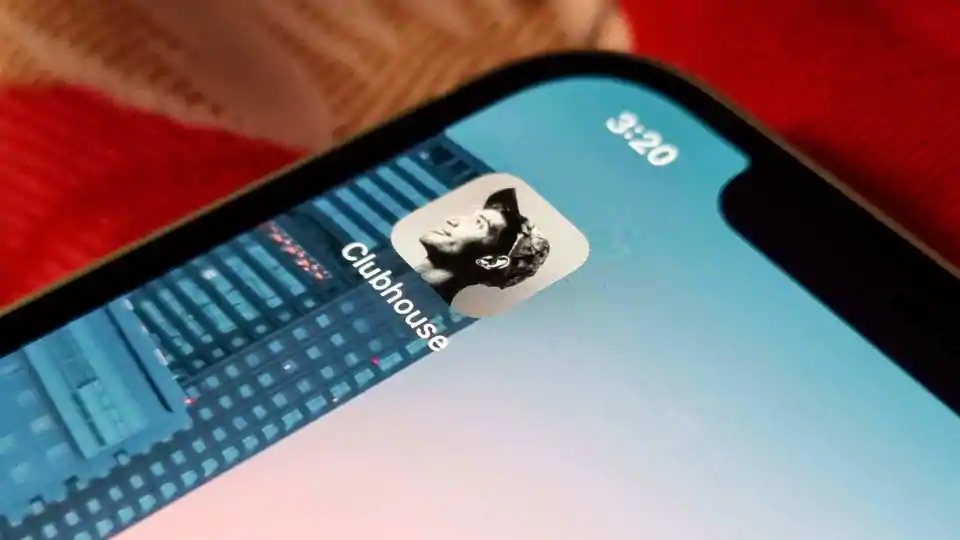From Clubhouse to Twitter Spaces, community press grapples with live audio tracks moderation
28 February, 2021

The explosive growth of Clubhouse, an audio-based social networking buoyed by appearances from tech celebrities like Elon Musk and Mark Zuckerberg, has drawn scrutiny over the way the app will cope with problematic content, from hate speech to harassment and misinformation.
Moderating real-time discussion is a task for a crop of systems using live tone of voice chat, from online video game-centric services just like Discord to Twitter Inc's latest live-audio feature Spaces. Facebook can be reportedly dabbling with an supplying.
"Audio tracks presents a fundamentally unique set of problems for moderation than text-based communication. It's considerably more ephemeral and it's really harder to analyze and action," said Discord's chief legal officer, Clint Smith, within an interview.
Tools to detect problematic audio articles lag behind those used to recognize text, and transcribing and examining recorded voice chats is a far more cumbersome process for folks and machines. Too little extra clues, just like the visible signals of video tutorial or accompanying text comments, may also make it more difficult.
"Most of what you have when it comes to the tools of content material moderation are really built around text message," stated Daniel Kelley, associate director of the Anti-Defamation League's Middle for Technology and Society.
Not all companies get or keep tone of voice recordings to research reports of rule violations. While Twitter keeps Areas audio for thirty days or longer when there is an incident, Clubhouse says it deletes its documenting if a live program ends without an immediate user report, and Discord does not record at all.
Instead, Discord, which includes confronted pressure to curb toxic articles like harassment and white supremacist material in text message and voice chats, gives users controls to mute or block persons and depends on them to flag problematic audio.
Such community models could be empowering for users but could be easily abused and at the mercy of biases.
Clubhouse, which includes similarly introduced user controls, has drawn scrutiny above whether actions like blocking, that may prevent users from joining certain bedrooms, may be employed to harass or exclude users.
The challenges of moderating live audio are set against the broader, global battle over content moderation on big social media platforms, which are criticized for their power and opacity, and have drawn complaints from both right and left as either too restrictive or dangerously permissive.
Online platforms have also prolonged struggled with curbing harmful or graphic live content on the sites. In 2020, a live training video of a suicide on Facebook Inc spread across multiple sites. In 2019, a shooting in a German synagogue was live-streamed on Amazon Inc-owned gaming webpage Twitch.
"It's really important for these companies to become learning from the rollout of video-streaming to comprehend they will encounter each of the same kinds of questions," said Emma Llanso, an associate of Twitch's Safeness Advisory Council. She added: "What goes on when persons want to work with your provider to livestream audio of an face with police or a violent attack?"
'UP TO INFINITY'
Last Sunday, during the company's public village hall, Clubhouse co-founder Paul Davison presented a vision for the way the currently invite-only iphone app would take up a bigger role on people's lives - hosting from political rallies to company all-hands meetings.
Rooms, currently capped at 8,000 persons, would level "up to infinity" and participants could generate profits from "recommendations" paid by the crowd.
The San Francisco-based company's latest round of financing in January valued it at $1 billion, according to a source acquainted with the matter. The funding was led by Andreessen Horowitz, a leading Silicon Valley capital raising firm.
Asked how Clubhouse was attempting to detect dangerous content when the service extended, Davison said the tiny startup has been staffing up the trust and safety team to handle challenges in multiple languages and quickly investigate incidents.
The app, which said it has 10 million weekly active users, has a full-time staff that only recently reached twice digits. A spokeswoman explained it uses both in-property reviewers and third-party providers to moderate articles and has involved advisors on the problem, but would not comment on review or detection strategies.
In the year since it started out, Clubhouse has faced criticism over reviews of misogyny, anti-Semitism and COVID-19 misinformation on the platform despite tips against racism, hate speech, abuse and false information.
Clubhouse features said it is investing in equipment to detect preventing abuse together with features for users, who exactly can set guidelines for their bedrooms, to moderate conversations.
Getting sound content moderation right could help spark new waves of business and usage for new solutions and features launched simply by the major internet sites.
One origin told Reuters that billionaire entrepreneur Mark Cuban's approaching live audio program 'Fireside,' which describes itself as a "socially responsible platform," will be curated to avoid the issues other systems have faced.
Twitter, which includes long faced criticism because of its ability to curb abuse, is currently testing Spaces with 1,000 users that began with women and people from marginalized groups.
Hosts receive controls to moderate and users may report concerns. But Twitter can be looking at investing in "proactive detection" - for instance, incorporating audio tracks transcripts into equipment Twitter presently uses to detect difficulty tweets without users flagging, said Andrew McDiarmid of Twitter's product trust crew.
McDiarmid said Twitter was still making a decision how exactly to translate existing guidelines, like labeling misinformation, which also connect with the new provider, to the music arena.
Until Twitter nails down its moderation method, people who've recently violated the site's rules are not allowed gain access to to the brand new feature.
Source: japantoday.com
TAG(s):
